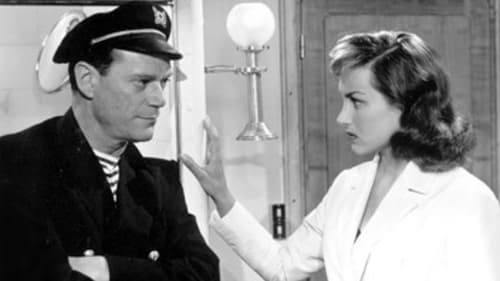Cali: de Película (1973)
Genre : Documentary
Runtime : 13M
Director : Carlos Mayolo, Luis Ospina
Synopsis
A 13 minute glimpse of the Feria de Cali celebrated between Christmas and New Year… A carnival of commodity fetishism, red devils and white indians that will be recognizable to anyone who has encountered the surrealist ethnographies of Michael Taussig.
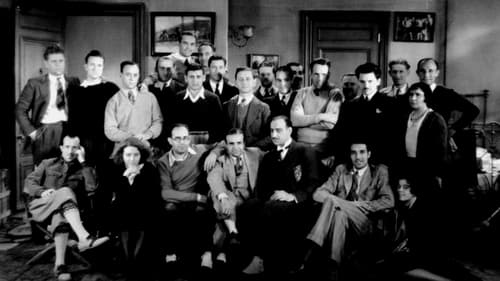
Hollywood, 1927. The talkies have just been born and the big movie studios, responding to the demand of millions of Spanish speakers, begin to produce Spanish versions of their most ambitious productions. It is when a group of Spanish directors, screenwriters and actors decide to settle in Los Angeles in order to make a name for themselves among the biggest stars.

Capulina chip and are transported back to prehistoric times with a time machine. There they live crazy adventures.

The movie theme is the migration of Mexicans to the United States in search of the "American dream". Piporro crosses the Rio Grande swimming illegally, and lives a series of events that lead him from walking away from the police to winning the award for "Bracero of the Year" for his work in the harvest. Prize that he will lose before returning to Mexico just as he had gone: no money in the bag.

Jimmy Rivière is a young Gypsy, has a sunny but nervous disposition. Sometimes too nervous. Under pressure from his community, he converts to Pentacostalism and renounces his two passions: Thai boxing and Sonia. But how can he refuse the new fight that his trainer proposes? And how can he resist the powerful desire that draws him to Sonia?

After her son gets killed in a car crash, Elena loses all lust for life. Recovering from the crash in a hospital a stranger, David, kidnaps her and takes her for a mysterious journey in an old camper.

If any single piece can act as a key to Ruiz, it may be the 1997 short Le Film à Venir (The Film to Come). The titular film is a holy fragment of celluloid that can only be seen by a secret society known as the Philokinetes. They watch it on a loop, somnambulating through a life that is unreal by comparison. It is the belief of the Philokinetes that film has an existence “independent from humans. Cinema, they said, is the primeval soup of a new life form. There from were to emerge pure screening creatures. Which is to say, non-topical beings.” - n+1

Brazilian singer Maria Bethania has a 40-year singing career. A documentary shows her concerts and famous family.

An act of kindness leads to the destruction of two lives in just thirty miles, when a hitchiker and his ride let down their guards and reveal intimate, dark secrets about their pasts

A Yangtze Landscape utilizes a non-narrative style, setting off from the Yangtze's marine port Shanghai, filming all the way to the Yangtze River's source, Qinghai/Tibet - filming a total distance of thousands of kilometers. Experimental music and noise recorded live on scene are used in post-production, painstakingly paired with relatively independent visuals, creating a magically realistic atmosphere contrasted with people seeming to be 'decorative figures' right out of traditional Chinese landscape scrolls.

Una divertida aventura de Viruta y Capulina en donde se verán enredados en un lío de boxeadores confundiendo tanto la situación que ni sus bellas amigas los podrán salvar de una gran golpiza.
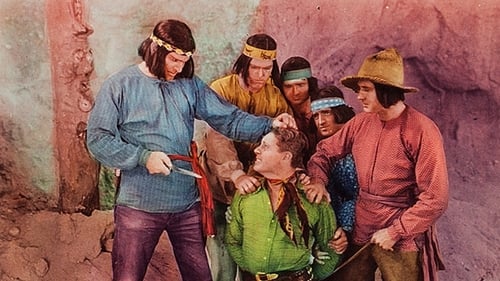
When Professor Marsh disappears while searching for the lost city of Lukachukai, his daughter enlists the help of the Three Mesquiteers.
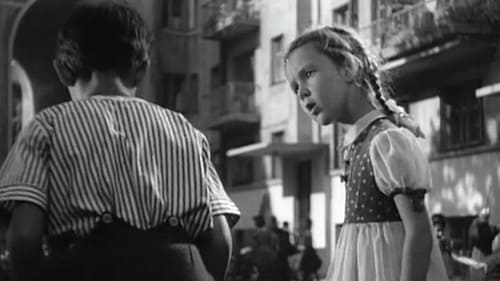
Marina Orlova couldn't even imagine how many adventures are expecting to her in a first grade...
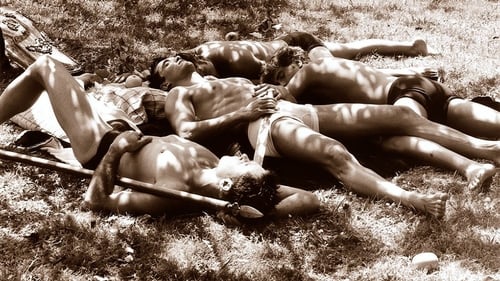
Private Diary documents photographer Pedro Usabiaga working with a variety of amateur models. The audience sees how the relationships between the photographer and the subjects changes during their time together, as well as how the individual photographs begin to take shape. Pedro Usabiaga is a well-established Basque photographer whose chief concerns are figurative photography and whose passion in photographing the Spanish male. In this hour long conversation with the artist we are given entry into that process of selecting models (none of the models he uses for this book to be titled 'Private Diary' are professional, but instead are randomly chosen as Usabiaga observes athletes in action) and then allowed to follow Usabiaga and his crew as they photograph these men in natural settings and natural light.

In a quiet village in southern China, Fang Xiuying is sixty-seven years old. Having suffered from Alzheimer's for several years, with advanced symptoms and ineffective treatment, she was sent back home. Now, bedridden, she is surrounded by her relatives and neighbors, as they witness and accompany her through her last days.

A film about defying and stretching the generally accepted standards of good motherhood.





